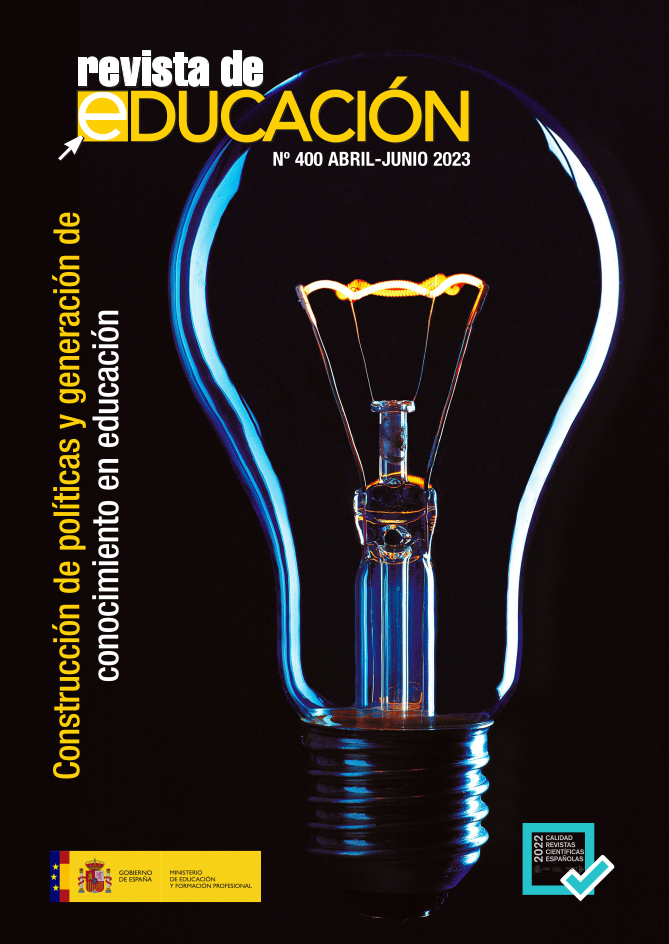Federalismo, reformas escolares y principio de igualdad en Argentina
Contenido principal del artículo
Resumen
El derecho a la educación evidencia desafíos cuando es regulado en Estados federales sobre todo en función del principio de igualdad. Las políticas educativas iniciadas en la primera década de este siglo en Argentina han impactado sobre el principio de igualdad, base de este derecho humano, debido a que la reforma fue desarrollada en el contexto de un Estado federal. METODOLOGÍA. En términos metodológicos el diseño de esta investigación incluye técnicas cualitativas entre las que se destacan el análisis jurídico normativo y la generación de tipificaciones comparativas de las fuentes consideradas. También se utilizaron técnicas cuantitativas en el análisis de estadísticas para poder dimensionar la cobertura educativa. RESULTADOS. Se plantean definiciones relativas al federalismo y sus implicancias en términos académicos y de la cobertura escolar, a la luz de los procesos de reformas. En particular se analiza la evolución de la accesibilidad del derecho a la educación en función de la escolarización obligatoria. DISCUSIÓN. Se advierte que, si bien la Argentina ha regulado con una alta normatividad el derecho a la educación, los resultados de las reformas han dado lugar a un incremento de la desigualdad en el contexto del federalismo en el período 2005-2020.
Palabras clave: federalismo, derecho a la educación, reformas, políticas educativas, desigualdades educativas

